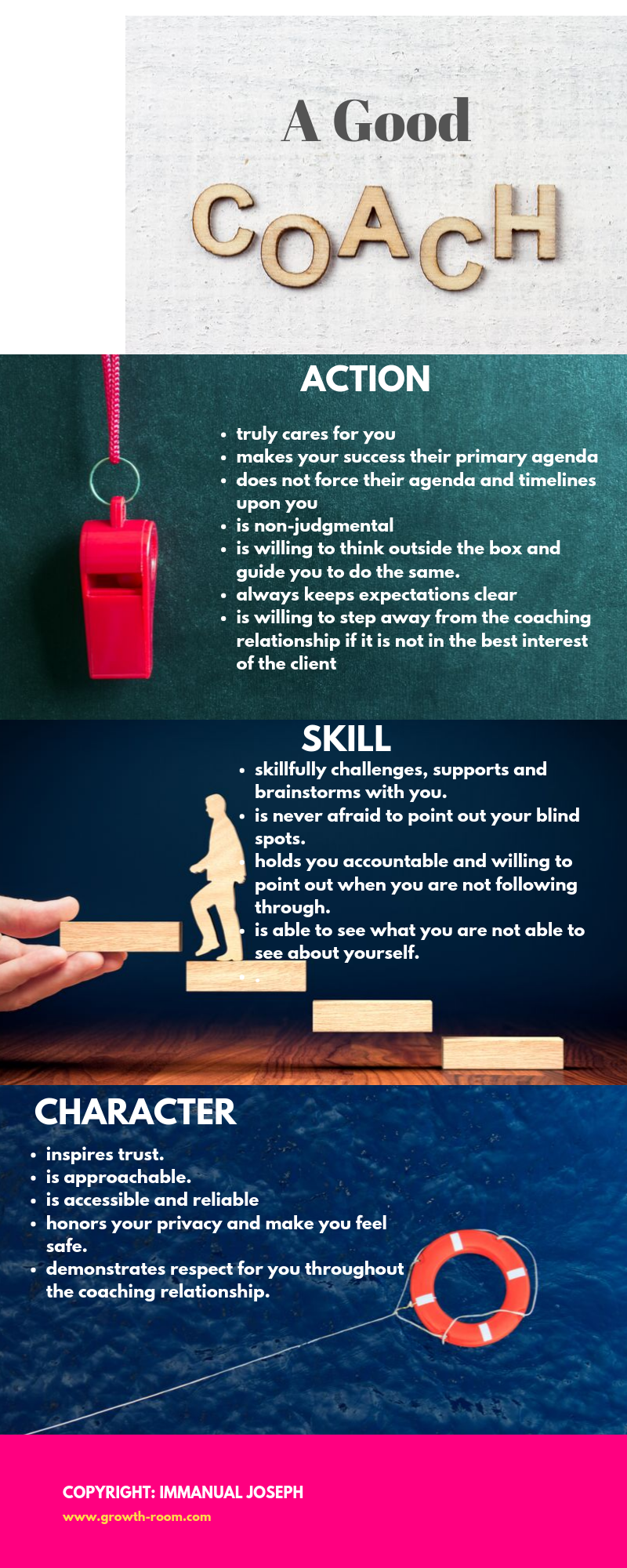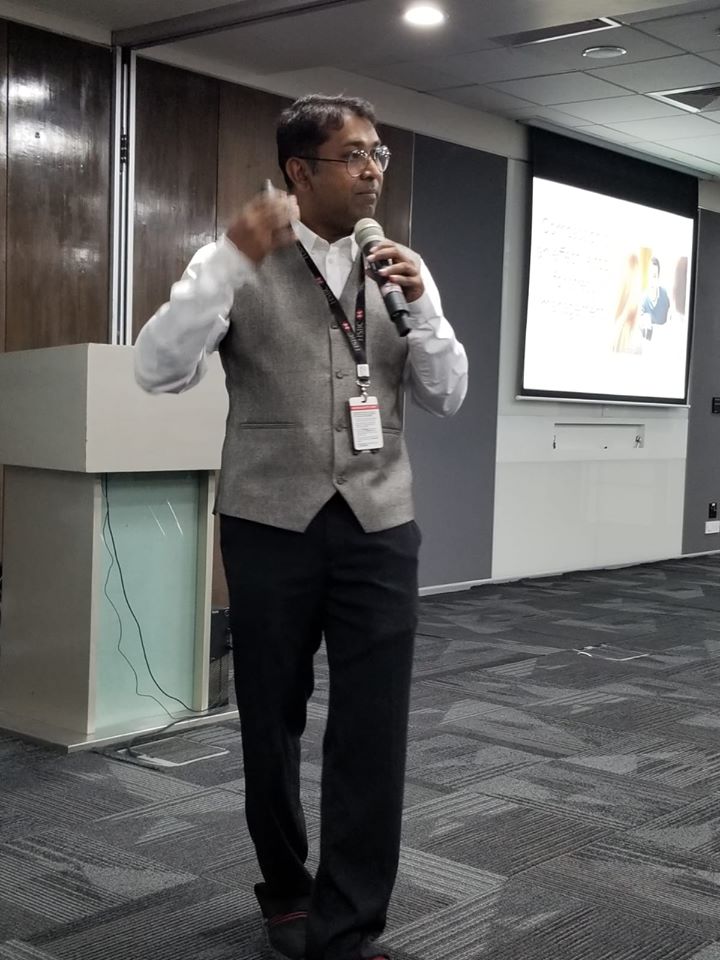An insider’s view to finding the right life coach.
The coaching industry has grown tremendously in the past two decades. This growth accompanies the realization that coaching is not only beneficial for CXOs and business leaders, but anyone and everyone who is inspired to grow. I, as a career and relationship coach, have come to see coaching as synonymous with growth. As the International Coaching Federation places it, “People hire a life coach because- They want more. They want to grow. They want it easier. It’s as simple as that. Life coaches help a client get all three. Quickly.”
Imagine a fish in the ocean. The fish cannot see the expanse of the ocean and therefore all the possible places it can reach. But imagine it could talk to a ship on the surface of the ocean. The ship sees the expanse of the ocean, and can help the fish understand its options, and inspire the fish to keep swimming when the swimming gets tiring. The ship cannot do the swimming for the fish, but the fish’s effort is made that much more easier and effective, because she knows that there is a reliable big-picture thinker in her corner and can motivate and inspire her when things get tough. But for this to practically work, the fish needs a ship that she trusts, has the skills and who really wants her to be successful. The ship in this analogy is the coach and the fish is the coachee.
Whether or not a coaching effort is going to be successful depends on the match between the coach and the coachee. Like any meaningful relationship, there is give and take from both sides. If a coach sees this as a purely business transaction, the relationship may not be as effective. If the coachee sees the communication between her coach and her as an ego challenge and refuses to collaborate, then the relationship won’t work. Identifying the right coach to be in your corner as you step into the ring is critical for victory.
It is easy to find coaches, whether it is for your relationships, career, health, spirituality or business. A great number of people are willing to create a coaching relationship with you. Because this is not a licensed profession, there is limited barrier to entry and therefore no dearth of life-coaches in the market. You might find that referrals often bring you in contact with the good coaches, but even then what worked for your friend is not working for you. If you are going to work with a coach for any period of time, know that you might be sharing some very difficult and delicate things with your coach. So it helps to do your homework to find out who you want to spend your time, energy and money on.
In this infographic below, I have included some expectations that you should keep in selecting a coach to work with. I have broadly categorized three areas of considerations- the way the coach acts and operates, the skills the coach comes in with, and the way the character of the coach speaks to you.

Here are a few more considerations:
Since there is so much at stake in terms of your energy and time, it is wise to take your time finding the right coach for you.
Do not hesitate to shop around. Get as much internal clarity on your coaching outcomes before you interview your potential coaches. When setting your expectations from a coach, it helps to understand the difference between coaching, mentoring and therapy. Coaches and mentors are not the same, even though the terms are sometimes interchangeably used. A mentor is an expert who holds the knowledge that you seek and shares that with you. In a coaching relationship, you are the expert holding the knowledge and the coach is facilitating the knowledge to manifest. A coach is also not a therapist. A psychotherapist is a healthcare professional who looks into your past issues to address your current pain. A coach helps you look at your present and understand where you can be in the future, although the past is brought into coaching sessions as appropriate.
Look for coaching credentials. Certifications and degrees demonstrate commitment, as it sometimes takes these credentials. Reviews can also offer wonderful insights. But most importantly, trust your gut. Remember, your coach is not a wizard. It is unreasonable to expect all your issues to disappear after just one or two sessions. Commit to working with your coach for a reasonable period of time, and make sure to track personal progress.
While this article lays out what you can and should expect from a coach, it is important to remember that a successful coaching relationship places certain expectations from the coachee. As a coachee, you should be willing to do all of the hard work that will move the needle toward your success. After all, you are the star and director of your coaching journey. You should be willing to dig deep and be vulnerable if the discussions demand it. You should also be able to have clarity about what you are comfortable with and not comfortable with. You should commit to action even when the initial rush is over, and keep going when the going gets tough.
In summary, your relationship with your life-coach can be one of the most rewarding and empowering experiences of your life. With a good coach you can reach distances that you would never have imagined otherwise. But since you are committing so much of your future in someone’s hands, it is critical to do due diligence in identifying the right life-coach. This article is simply a broad overview of considerations that can help you with that identification. If you wish to learn more about how life coaching can change your life, please do not hesitate to connect with me. May you stay blessed!

